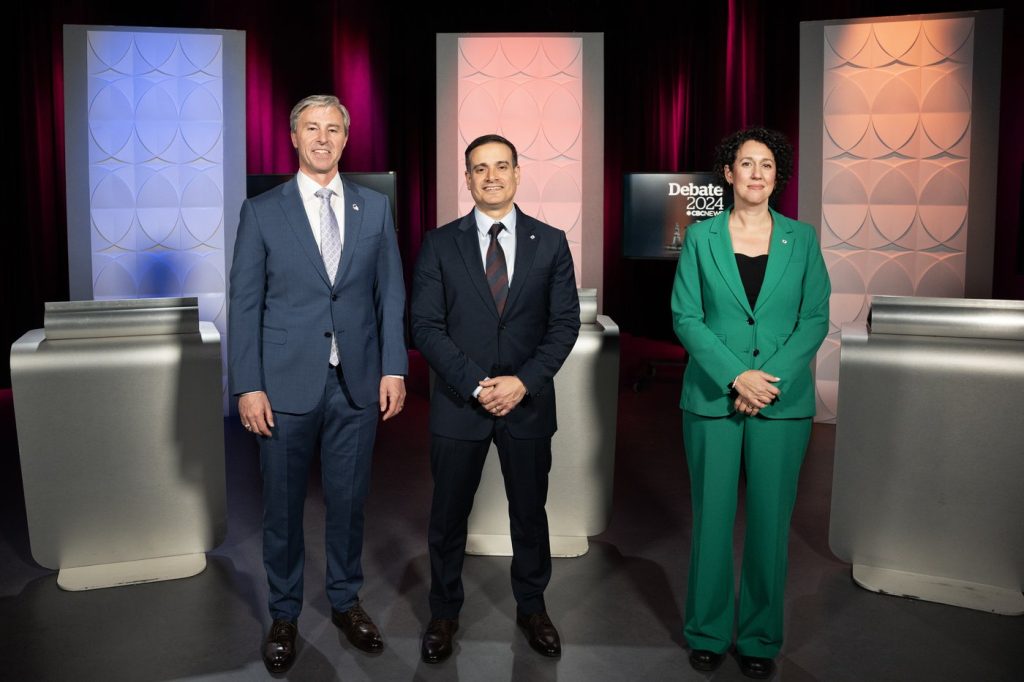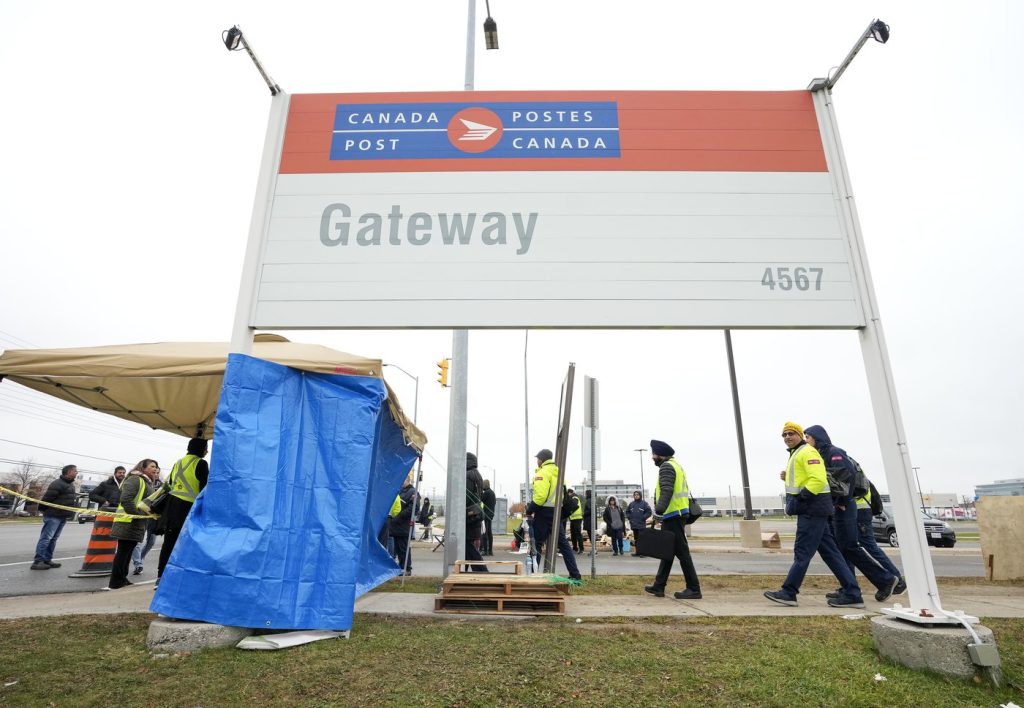MPs advised to mind sartorial standards in latest hybrid Parliament
Posted Nov 29, 2021 11:47:58 PM.
OTTAWA — MPs have been advised to wear parliamentary attire, which means a jacket and tie for men, in the new hybrid Parliament that begins in earnest this week.
The deputy Speaker has instructed MPs not to let standards slip if they are at home and joining debates via videoconference as the COVID-19 pandemic continues.
MPs are also being warned by the Speaker not to wear masks in the House of Commons chamber “that deliver messages,” but to keep them neutral.
Some MPs have been wearing masks with slogans, including ones advertising companies.
The hybrid Parliament means MPs can choose to participate in debates remotely via videoconference or attend in person.
MPs attending debates virtually will not have to wear a mask but the dress code “remains the same” as in the Commons chamber. They will also have to make sure no props are visible and that the background on their video screen is neutral.
The warning about attending via teleconference, made by deputy Speaker Chris D’Entremont in the chamber on Friday, follows a mishap in the previous virtual Parliament where a Liberal MP appeared naked on camera. The incident was captured by another MP in a screenshot and broadcast around the world.
William Amos, the member in question, was visible standing stark naked behind a desk between the Quebec and Canadian flags, his private parts hidden by what appeared to be a mobile phone. He apologized for being captured on camera by accident while changing into work clothes after going for a jog.
A month later Amos apologized again after urinating in another parliamentary meeting “without realizing” he was on camera. Amos did not run in the recent general election.
On Friday, the deputy Speaker cautioned MPs not to take screen shots, just as they are not allowed to take photos of one another in the Commons chamber.
MPs voted last week to extend the hybrid Parliament, although the move was opposed by the Conservatives and Bloc Quebecois, who complained that in the previous session ministers were rarely physically present in the House to answer questions.
Bloc Quebecois House leader Alain Therrien spoke out against extending the virtual Parliament, saying that not only did too few ministers turn up in person, but some MPs sat in their basements snacking while voting. Some ministers “sounded like R2-D2” because of technical glitches, he added.
The deputy Speaker reminded members “that virtual sittings are an extension of the proceedings of the House and that their conduct must respect our rules and practices, even if they are participating remotely.”
“As soon as a member connects to a virtual sitting and opens their camera, they are considered to be, for all intents and purposes, in the House,” he said.
On Monday environment minister, Steven Guilbeault spoke in a debate virtually from his home with a purple bicycle hanging on the wall behind him, as well as a book shelf.
Conservative MP Ed Fast criticised the minister for using the bicycle as a prop, against parliamentary rules, and “presumably trying to make a statement about his environmental cred.”
But NDP Daniel Blaikie leapt to the minister’s defence saying: “I’m dumbfounded. Only a Conservative could see a bicycle as a partisan symbol.”
Speaker Anthony Rota said props were a matter of perception by people watching and urged MPs working remotely to make their backgrounds as neutral as possible.
This report by The Canadian Press was first published Nov. 29, 2021.
Marie Woolf, The Canadian Press








